2024-09-03 08:58
DSV and Volvo Sign Agreement to Support Decarbonisation of Road Freight
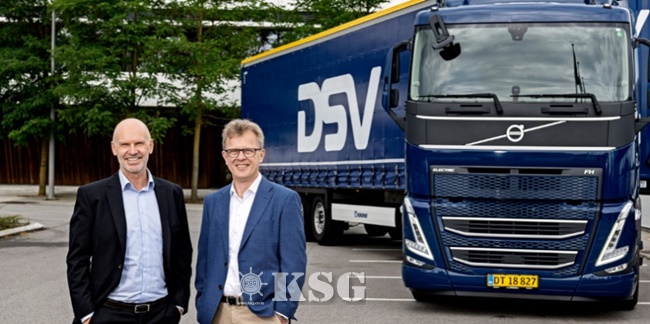
Global logistics company DSV has signed an agreement with Volvo Trucks for the purchase of 300 electric trucks. The deal is one of the largest commercial orders to date for Volvo electric trucks, and is an important step in DSV's goals to reduce emissions and lead the green transition in the transport sector.
DSV, a global leader in transport and logistics, is moving towards more sustainable road freight solutions. Every day, thousands of trucks transport goods for the company's customers around the world, and a growing number will become electric or run on renewable fuels in the years to come. Now, DSV together with Volvo Trucks have agreed to plan for the deployment of 300 zero-exhaust emission electric trucks across DSV operations in Europe. The agreement also includes 500 Volvo trucks with fuel-efficient diesel and gas drive lines. All trucks are expected to be delivered between 2024 and 2026, and this is an important part of the company's plan to increase its electric trucks fleet to 2,000 by 2030. "I'm very proud to deepen the partnership we have with DSV. Collaboration and a strong commitment to really make a difference is essential for making sustainable transport and big CO2 reductions a reality. This order is proof of their trust in our company and shows that zero-emissions transport is a viable solution here and now," says Roger Alm, President Volvo Trucks.
The trucks being supplied to DSV will include the new Volvo FH Aero Electric, which has improved aerodynamics, making it even more energy efficient. DSV is the largest transporter of goods for the Volvo Group, and its electric trucks are already used on lanes in Sweden and Denmark where DSV has established charging infrastructure using electricity from solar panels at its distribution centres in Landskrona and Horsens. As part of the deal, the new trucks will be serviced by Volvo, and some of them will be used to transport goods to and from Volvo sites. Both DSV and Volvo Group are committed to the Science-based targets initiative, which drives ambitious climate action in the private sector. DSV has set a near-term goal to reduce emissions (scope 1 and 2) by 50% and indirect emissions (scope 3) by 30% in 2030 against our 2019 baseline, and - like Volvo - are committed to achieving net-zero emissions in 2050, in line with the goals of the Paris Agreement.
< Korea Shipping Gazette >
많이 본 기사
- “해양관광대국 초석 다진다” 해양레저관광협회 공식 출범CMA CGM, 美 항만운영사 설립…터미널 10곳 묶는다북극항로 민관협의회 출범 “9월 시범운항”해수부 출입 해운기자단, 해사신문 윤여상 국장에 감사패 전달KSS해운, BGN·태국석유공사와 VLGC 7척 장기계약‘부산 환적·광양 수출입’ 컨물동량 1%대 성장삼성중공업, 지난해 영업익 8622억 달성…12년來 최대정기선 HD현대 회장, 印 모디 총리 만나 합작조선소 건립 논의日 MOL, HD한국조선해양에 액화이산화탄소 운반선 2척 발주한진, ‘물류 바탕’ 전방위 ESG 경영 확산
- 인사/ 한국해양수산개발원케이조선, 5만t급 화학제품운반선 4척 수주…2900억 규모콜드체인協, 제11기 콜드체인관리사 양성과정 모집목포해大 최부홍 신임 총장 “학생·지역·국가에 책무 다할 터”태웅로직스, 이천 풀필먼트센터 구축…이커머스 물류 진출인사/ 해양수산부한국해양교통안전공단 이사장 공개 모집부산항 컨테이너 물동량 2488만TEU…최대치 경신기고/ 선박건조계약상 하자보증시 면책조항의 해석엑소텍, 프랑스서 물류 자동화 행사 ‘엑소서밋 2026’ 개최
스케줄 많이 검색한 항구









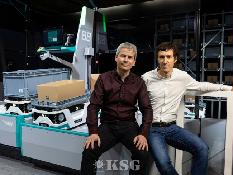

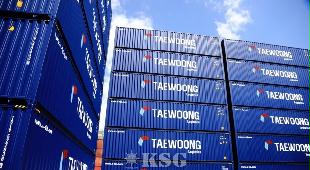

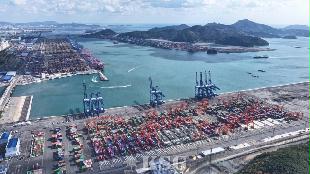


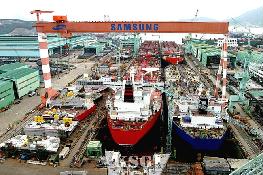
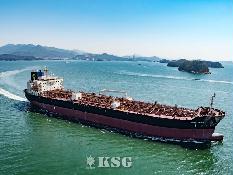





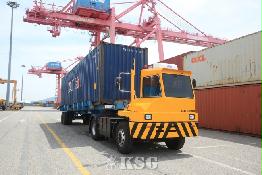





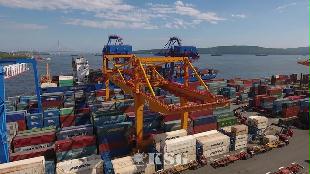
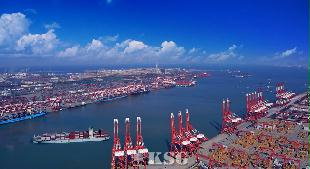
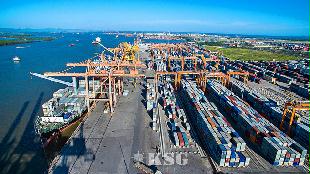
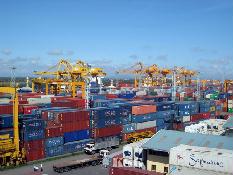





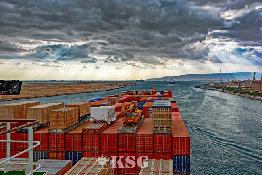
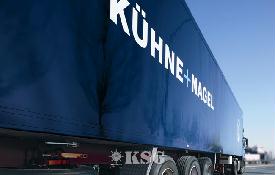

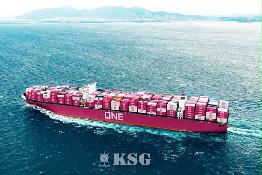






















0/250
확인